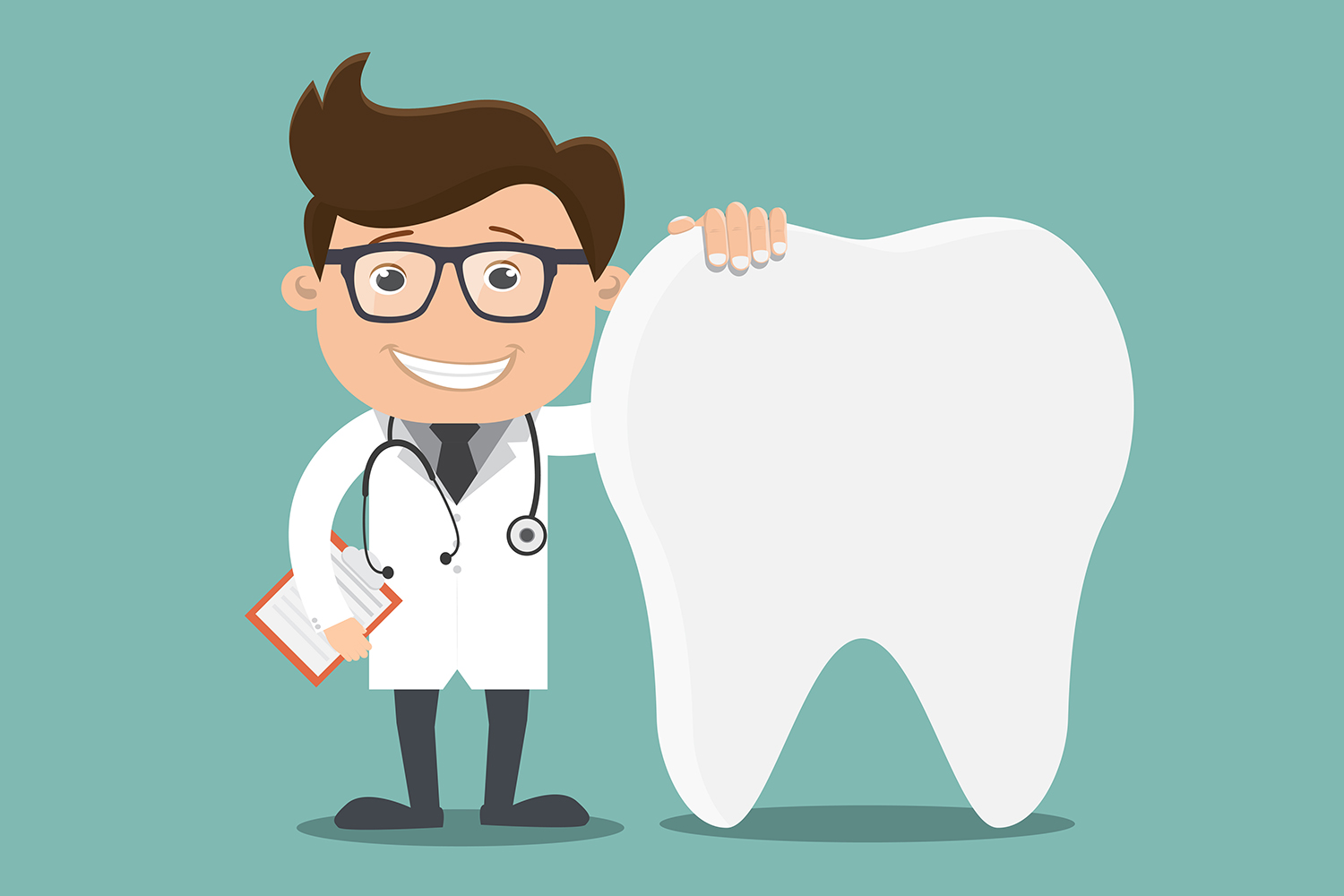An Overview to Usual Dental Conditions That Require a Dental practitioner's Treatment
Toothaches, for instance, can be symptomatic of extreme issues such as tooth cavities, broken teeth, or abscesses, each needing particular treatments like dental fillings or origin canals. Influenced wisdom teeth and jaw problems can introduce considerable pain and difficulties.
Toothaches
Toothaches are a typical dental problem that can vary from mild discomfort to extreme pain, frequently showing a hidden issue that calls for professional attention. This discomfort can come from a selection of sources, consisting of dental tooth cavities, broken or fractured teeth, and dental abscesses. Each of these problems poses substantial dangers if left untreated, possibly resulting in a lot more extreme complications.
Oral tooth cavities, also recognized as decays, are caused by the build-up of plaque that deteriorates tooth enamel, leading to holes or pits in the impacted teeth. Abscesses are painful infections at the root of a tooth or between the gum and a tooth, usually resulting from extreme decay or untreated tooth cavities.
Efficient treatment of toothaches entails attending to the origin. This may include fillings for tooth cavities, crowns for fractured teeth, or origin canals and antibiotics for abscesses. Early treatment by an oral specialist can protect against additional deterioration and relieve pain, making certain optimum dental health and wellness.
Gum Tissue Condition
Gum condition, a widespread yet commonly forgotten oral problem, shows up with inflammation and infection of the gums and sustaining tissues. This condition mostly happens in two phases: gingivitis and periodontitis. Gingivitis, the milder form, presents with signs such as red, puffy gum tissues that may bleed quickly during cleaning or flossing. If left unattended, gingivitis can progress to periodontitis, a much more extreme form defined by the devastation of the sustaining bone and connective tissue, inevitably bring about tooth loss.
The main reason for gum tissue illness is microbial plaque, a sticky, anemic movie that frequently develops on teeth. Poor dental health, smoking, genetic tendency, and specific medical problems, such as diabetes, can intensify the risk of developing periodontal illness. Routine dental examinations are important for very early detection and administration of this problem.
Therapy for gum tissue condition ranges from professional oral cleansing and scaling to advanced procedures like origin planing and periodontal surgical procedure, depending on the extent. Keeping excellent dental hygiene practices, including cleaning two times daily, flossing, and using a disinfectant mouthwash, can substantially reduce the risk of periodontal illness and advertise much healthier periodontals.
Tooth Cavities
Cavities, additionally referred to as tooth decays, are an usual dental problem identified by the destruction of tooth enamel as a result of acid-producing bacteria in the mouth. These germs grow on sugars and starches from food and drinks, generating acids that gradually wear down the enamel, resulting in cavity formation.
Early-stage tooth cavities may not show symptoms, yet as they advance, they can cause tooth pain, level of sensitivity to cool or hot, noticeable openings or pits in the teeth, and staining. If left untreated, cavities can pass through much deeper layers of the tooth, possibly leading to severe discomfort, infection, and even discover here missing teeth.
Protecting against tooth cavities includes a combination of great dental hygiene techniques and nutritional habits. Normal cleaning with fluoride tooth paste, flossing, and regular oral examinations are critical. Dentists may likewise recommend added safety nets, such as fluoride treatments and dental sealants, to secure teeth from decay.
Treatment for tooth cavities depends on their severity. Small tooth cavities can be addressed with oral fillings, which recover the tooth's framework. If the degeneration has actually gotten to the tooth's pulp, much more innovative situations may need crowns or also origin canal therapy. Prompt intervention by a dental practitioner is necessary to protect against issues and maintain overall dental wellness.

Impacted Knowledge Teeth
Influenced knowledge teeth are a widespread oral concern that occurs when the third molars, frequently referred to as wisdom teeth, stop working to fully emerge or straighten effectively within the mouth. This condition commonly arises from inadequate space in the jaw or an unusual growth angle of the teeth. Influenced knowledge teeth can cause a selection of complications, consisting of damages, infection, and pain to surrounding teeth.
When knowledge teeth end up being impacted, they are often partly erupted or continue to be entirely under the periodontal line. This partial eruption can produce a path for germs to go into the gums, leading to infections that show up as swelling, discomfort, and also fever. Additionally, affected knowledge teeth can exert stress on surrounding teeth, possibly causing crowding or moving.
A thorough dental assessment, normally including X-rays, is important for identifying impacted wisdom teeth. Therapy usually includes surgical removal, carried out by a dental specialist. The procedure aims to relieve discomfort and protect against more complications, such as cysts or damages to bordering bone structures. Post-operative treatment is important to guarantee appropriate healing and minimize the danger of infection. Regular oral exams are advisable to keep an eye on the condition and maintain oral health. see post
Jaw Conditions
Jaw conditions, jointly referred to as temporomandibular joint (TMJ) problems, incorporate a variety of conditions that affect the jaw joint and bordering muscles. These problems can materialize via signs such as discomfort or tenderness in the jaw, trouble eating, a clicking or standing out audio when closing the mouth or opening up, and even chronic headaches. TMJ conditions can emerge from various factors, including joint inflammation, jaw injury, or habitual behaviors like teeth grinding or jaw clenching.
Diagnosis of TMJ conditions typically includes a detailed assessment by a dental professional, including a physical evaluation of the jaw, oral X-rays, and in some cases progressed imaging methods like MRI or CT scans to analyze the joint's problem. Non-invasive methods such as physical treatment, oral splints, and medicines aimed at lowering swelling and pain are usually first-line therapies.
Very early intervention by an oral expert is critical to stop the development of TMJ disorders and to keep general oral health. Individuals experiencing consistent jaw discomfort or dysfunction should seek timely examination and treatment.
Final Thought
Maintaining dental health and wellness necessitates timely professional like address usual dental problems. Toothaches frequently suggest underlying problems such as tooth cavities, split teeth, blog here or abscesses, calling for timely treatment. Gum disease, from gingivitis to periodontitis, needs routine dental check-ups and cleansings to stop development. Impacted wisdom teeth and jaw disorders also call for expert attention to relieve discomfort and stop further complications. Normal oral gos to are important for detecting and dealing with these conditions, making certain overall oral health and wellness.
Oral tooth cavities, additionally recognized as caries, are caused by the build-up of plaque that deteriorates tooth enamel, leading to openings or pits in the influenced teeth. Abscesses are agonizing infections at the origin of a tooth or in between the gum and a tooth, usually resulting from severe degeneration or neglected tooth cavities.

Additionally, impacted wisdom teeth can apply stress on surrounding teeth, potentially triggering crowding or shifting.